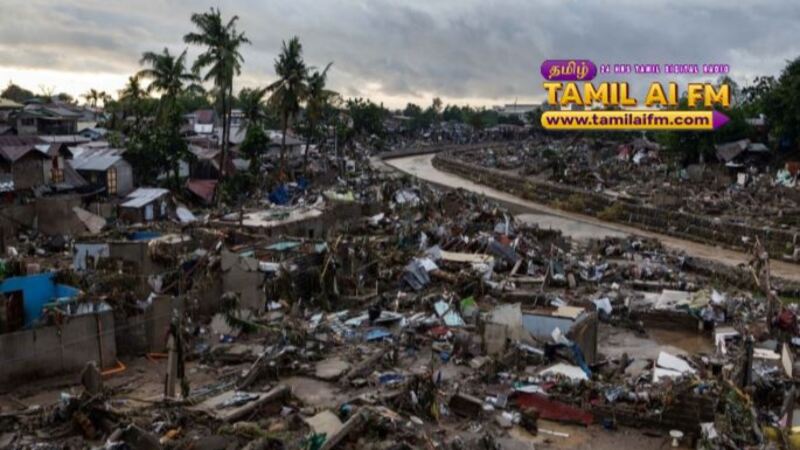KUALA LUMPUR, Nov 8 — Mercy Malaysia is deploying an emergency response team to the Philippines and Vietnam following the landfall of Typhoon Kalmaegi, one of the most powerful storms this year, which caused widespread flooding, severe infrastructure damage and loss of lives across affected regions.
According to Mercy Malaysia, the deployment comprises four of its staff and two specialised volunteers, with the team scheduled to operate in the Philippines from November 9 to 21 before transitioning to Vietnam.
“The mission will prioritise emergency medical support, clean water supply, shelter assistance and mental health and psychosocial services (MHPSS), including the establishment of Child-Friendly Spaces (CFS) and provision of Psychological First Aid (PFA),” said its representative when contacted by Bernama.
In a statement earlier, Mercy Malaysia said conditions in the Philippines remain critical following extensive flooding and structural damage caused by Typhoon Kalmaegi, while another storm, Typhoon Fung-Wong, is expected to hit the country tomorrow, further heightening humanitarian needs.
In Vietnam, the operation marks Mercy Malaysia’s maiden humanitarian mission in the country, during which the organisation will work closely with local partners to deliver urgent medical care, clean water, shelter and psychosocial support.
Mercy Malaysia president Datuk Dr Ahmad Faizal Mohd Perdaus, in the same statement, said in times of crisis, regional solidarity and prompt action are essential to save lives and support recovery.
“The communities affected by Typhoon Kalmaegi have shown extraordinary resilience in the face of immense challenges. Mercy Malaysia stands in full solidarity with the people of the Philippines, Vietnam and the wider Asean region.
“In close coordination with the Asian Disaster Relief and Response Network (ADDRN) and local partners, we will deliver rapid, effective and needs-based humanitarian assistance,” he said.
According to the statement, Mercy Malaysia has activated its Rapid Assessment Teams to evaluate needs on the ground and coordinate assistance with local authorities and partners.
The organisation further called on the public and private sectors to support ongoing relief efforts, noting that contributions will directly fund medical aid, emergency shelter, water and sanitation support, and psychosocial assistance for families affected by the disaster.


